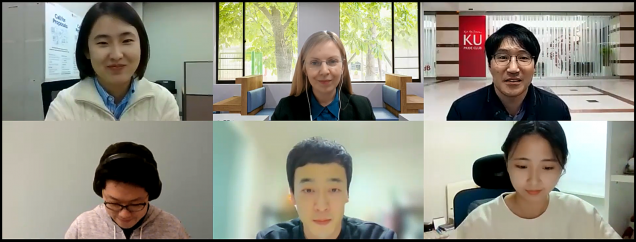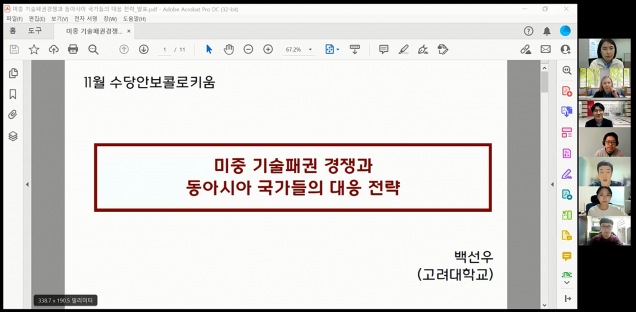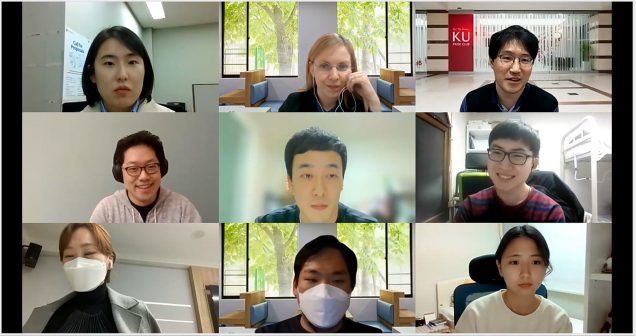[Soodang Security Studies Colloquium #14] The Competition for Technological supremacy between the U.S. and China and the Strategies of East Asian Countries
- Date and Time: November 26, 2021 / 5PM
- Presenter: Sun Woo Paek (Korea University DIS)
- Discussant: Iordanka Alexandrova (Korea University PDI)
- Organized by: Peace & Democracy Institute, Department of Political Science and International Relations
On November 26, 2021, Korea University’s Peace&Democracy Institute held the 14th Soodang Security Colloquium.
Sun Woo Paek, a research professor at Korea University’s Graduate School of International Studies, participated in the colloquium as a presenter, and Iordanka Alexandrova, a research professor at Korea University’s Peace&Democracy Institute, participated as a debater.
In Colloquium, the author published the draft “The Competition for Technological supremacy between the U.S. and China and the Response Strategy of East Asian Countries.” Recently, the U.S. and China are in a fierce battle over their status as future technology hegemony. The competition for technological supremacy determines which country’s technology becomes the standard of technology in the era of the Fourth Industrial Revolution, which results in the question of whose benefits the future cyber-security order will be reorganized. Therefore, this study focused on the response strategy of four East Asian countries – Japan, Thailand, Vietnam, and Indonesia – which are in a similar situation to Korea, which is militarily connected to the U.S. and economically connected to China in the competition for technological hegemony between the U.S. and China over the 5G network.
In response, the author argues that three countries except Vietnam tended to weaken solidarity with the United States and strengthen solidarity with China in the 5G network competition. In addition, it was analyzed that the reason for this trend is that the U.S. does not provide a proper alternative to China’s technology in the field of cyber security and is not recognized as a reliable solidarity partner by East Asian countries. According to Lim et al. (2015)1, weak countries choose hedging strategies only when they are not allies of friendly powers and there is no serious security friction with threatening powers, and in all other cases they choose a balance strategy, but the strength of the balance varies depending on whether they are allies or not. Using this analysis framework, the author analyzed the response strategies of the four countries and found that Japan, which was expected to adopt a high-intensity balance strategy due to serious security conflicts with China, chose hedging. Based on these findings, the author suggested that similar strategies for Korea’s current technological hegemony competition need to be reviewed and indicated that the previous four countries’ cases could be helpful.



